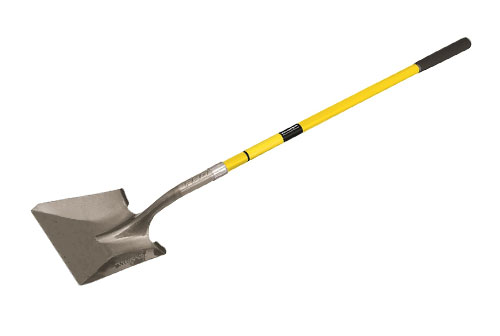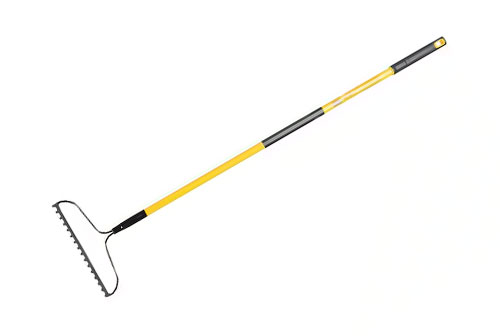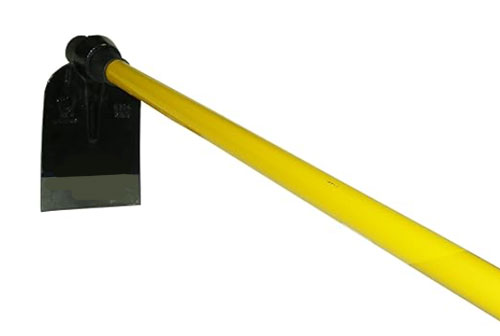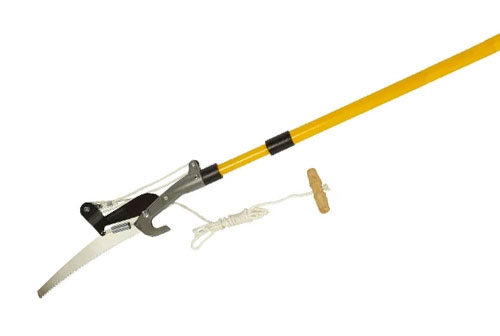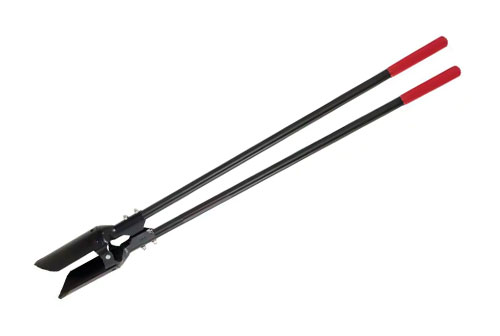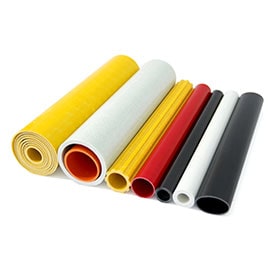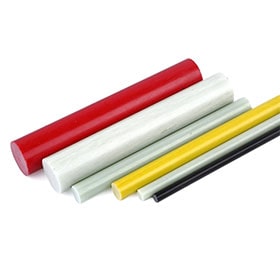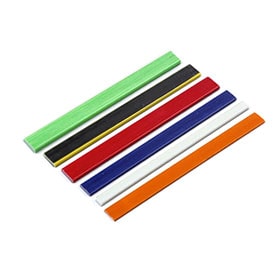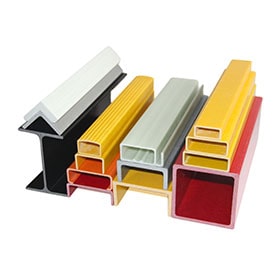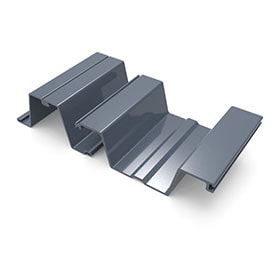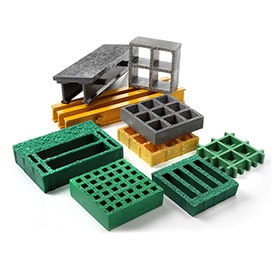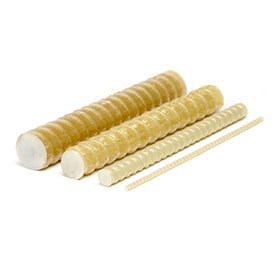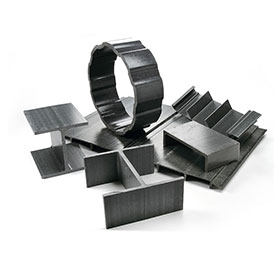In the realm of agriculture, tools and implements play a pivotal role in ensuring efficient and productive farming practices. The handles of these tools, often overlooked, significantly impact user comfort, safety, and overall tool performance. Fiberglass handles have emerged as a compelling alternative to traditional wooden handles, offering a multitude of benefits that make them a preferred choice for farmers and gardeners worldwide.
Understanding Fiberglass Handles:
Fiberglass handles are composed of continuous fiberglass strands embedded in a thermosetting resin matrix, creating a lightweight, durable, and versatile material. This unique composition imparts several advantageous properties to fiberglass handles:
Strength: Fiberglass handles exhibit remarkable strength and stiffness, capable of withstanding heavy loads and resisting bending or breaking under pressure.
Lightweight: Compared to wooden handles, fiberglass handles are significantly lighter, reducing fatigue and strain during prolonged use.
Durability: Fiberglass handles are highly resistant to rot, decay, insect infestation, and moisture damage, ensuring long-lasting performance.
Weather Resistance: Fiberglass handles can withstand extreme weather conditions, including UV radiation, temperature fluctuations, and harsh chemicals.
Electrical Insulation: Fiberglass handles provide excellent electrical insulation, minimizing the risk of electrical shocks in environments with potential hazards.
Applications of Fiberglass Handles in Agriculture:
The versatility of fiberglass handles makes them suitable for a wide range of agricultural tools and implements:
Shovels: Fiberglass shovel handles provide lightweight strength and durability for digging, lifting, and transporting materials.
Rakes: Fiberglass rake handles offer lightweight maneuverability for gathering leaves, debris, and hay.
Hoes: Fiberglass hoe handles provide strength and control for weeding, cultivating, and soil preparation.
Pruners: Fiberglass pruner handles offer lightweight precision for trimming branches, shrubs, and vines.
Post Hole Diggers: Fiberglass post hole digger handles provide strength and leverage for digging deep holes for fencing and planting.
Fiberglass handle post hole digger
Advantages of Fiberglass Handles over Wooden Handles:
Superior Durability: Fiberglass handles are far more resistant to rot, decay, and insect damage, extending their lifespan and reducing replacement costs.
Lighter Weight: The lightweight nature of fiberglass handles reduces fatigue and strain, especially during prolonged use or in hot climates.
Enhanced Safety: Fiberglass handles provide electrical insulation, minimizing the risk of shocks in environments with potential electrical hazards.
Weather Resistance: Fiberglass handles can withstand harsh weather conditions, including UV radiation, temperature extremes, and exposure to moisture.
Low Maintenance: Fiberglass handles require minimal maintenance, unlike wooden handles that may need regular painting or sealing.
Conclusion:
Fiberglass handles have revolutionized the agricultural tool landscape, offering a combination of strength, durability, lightweight design, and safety that surpasses traditional wooden handles. Their versatility makes them suitable for a wide range of farming and gardening tasks, enhancing productivity, reducing fatigue, and promoting long-lasting tool performance. As the demand for sustainable and efficient agricultural practices grows, fiberglass handles are poised to play an even more significant role in the future of agriculture.
 +86 15303735673
+86 15303735673 Jessica@frpzs.com
Jessica@frpzs.com
 Technical Data
Technical Data


